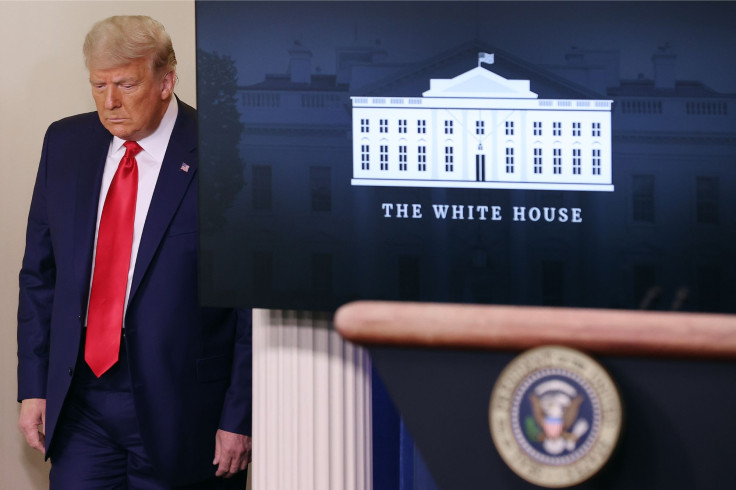
Donald Trump will be sworn in as the 47th President of the United States on Jan. 20. As the transition between the Biden and the new Trump administration begins, some political scientists are warning about "dark and bleak" days ahead when the GOP leader goes back to the White House.
As the country prepares for a new era under Trumo, a Duke University scholar is seeking to forecast how consequential the 2024 election will prove in the future with some predictions.
"After building up over more than 40 years, the 2024 U.S. presidential election marks the capstone and ultimate high-water mark of the rise of a new populist radical right in the entire Western Hemisphere," Herbert Kitschelt, a political scientist at Duke University told The New York Times.
"Donald Trump's recasting of the Republican Party achieved a decisive victory over the combined forces of moderate center-left and radical left-libertarian political currents uneasily cohabiting under the umbrella of the Democratic Party," he continued. "Historians may place the 2024 election, or the 2016-24 sequence, in significance for the United States on a par with the elections of 1860, 1876, 1896 and 1932."
Douglas Massey, a professor of sociology and public affairs at Princeton University, also chimed in on the significance of Trump's re-election, arguing that his democratic election, winning both the Electoral College and the popular vote in a free and fair contest, clearly shows the path voters are willing to take.
"Trump's campaign was openly racist, xenophobic and authoritarian and his supporters appear to be willing to jettison democracy in support of an autocratic demagogue who promises to 'fix everything' while pandering to their angers, resentments and prejudices," the scholar said.
Trump was able to make historic inroads with almost all segments of American society, including Latinos. In fact, a New York Times graphic shows that Trump improved on his 2020 margin in 2,367 counties so far compared with Harris improving on Biden's 2020 margin in 240 counties.
His multi-racial, multi-generational and overall broad scope of voters, coupled with having Congress by his side, will give Trump an immense opportunity to put his plans into action.
"When you win an election this broadly," Francis Fukuyama, a senior fellow at Stanford University's Freeman Spogli Institute for International Studies, argued in an email to The Times, "you're entitled to move ahead with your agenda. The only limitations will be capacity (hard to deport 11 million people) and the courts which haven't been completely made subservient."
Because of this, Kitschelt describes the "dark and bleak" prediction that the policies that the former president is proposing for his second term will not deliver for the aggrieved voters that cast their ballots for him.
"Trump's current ideas are to soothe the ills of the knowledge of society through tariffs and eviction of immigrants," Kitschelt explains. "But there is a strong probability that these policies will disappoint the president's core constituencies."
"Few jobs will be created through re-industrialization and the absence of immigrants will hurt— instead of improve— the labor market payoffs of many natives. All the while the real incomes of the less well-off will be reduced by a surge of tariff-induced inflation that bond and gold markers are not already anticipating," he continued.
© 2025 Latin Times. All rights reserved. Do not reproduce without permission.




